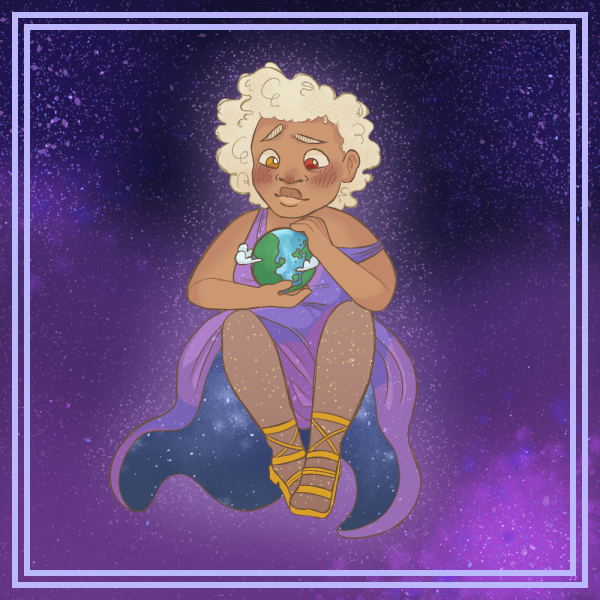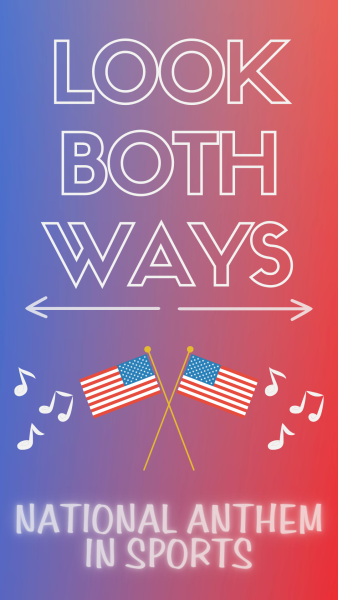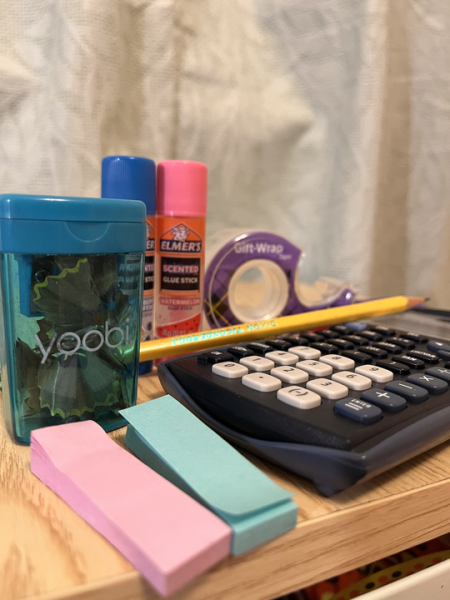Vegan is the way to go
February 14, 2005
Growing up in a Mexican household allowed me to eat some of the most delicious foods I’ve ever come across. I ate quesadillas of buttery cheeses, beef steaks broiled on the grill, and breakfasts of eggs and protein-rich Mexican sausage.
I now regret eating the way I did.
I recently became a vegan, and I’m convinced I’ve made the best choice of my life.
After attending a lecture by Dr. T. Colin Campbell, Professor Emeritus of Nutritional Biochemistry at Cornell University, I decided to become a vegan.
Campbell presented studies he conducted in the Philippines and China that conclusively show eating a plant-based diet helps prevent disease. Among them are heart disease, stroke, hypertension and some cancers.
Americans are eating too much protein; the national recommendation is 10-35 percent of one’s diet. Only 10 percent is actually needed.
Animal-based proteins accounting for 20 percent of a diet led to cancer in laboratory rats and humans studied in China.
Vegans find protein sources exclusively in plant foods. Vegetarians find protein in eggs and milk, and still eat animal-based proteins.
The belief that vegans don’t get enough protein is wrong.
The reality is quite the opposite.
“In Western countries, our problem is too much protein, not too little. Most Americans get at least twice as much protein as they need,” a PETA Web site says.
Healthier, plant-based proteins are found in other foods. Whole grains, beans, nuts and soy products (soy burgers, soy milk and tofu) all contain proteins. These plant-based foods have been found to have other health advantages.
Soy can help protect men against prostate cancer, according to an article at wholehealthmd.com called “Soy: Can you get too much of a good thing.”
Vegans are seen as less healthy because plant-based proteins are converted less efficiently than animal-based proteins.
Campbell points out in his book “The China Study” that increased efficiency doesn’t always mean increased health.
Protein tests in the past were designed to chart body growth but not long-term health.
Driving incredibly fast gets you to your destination faster, but if the road ahead curves suddenly, there’s not much that can be done to avoid a catastrophe except to hit the brakes.
Plant-based proteins contain all of the body’s needed nutrients. Proteins don’t need to be combined in single sittings, either. The body receives nutrients from combinations of plant sources over time.
Vegans can have vitamins D and B12 deficiencies due to dairy product exclusions. Soy milk provides these vitamins.
Vegetarians still consume animal-based proteins from milk and eggs. The only way to avoid animal-based proteins is to adopt a plant-based diet. It is a diet Campbell has suggested, and one I am adopting.
For someone who has been raised on steak, cheese, and eggs, the transition from omnivore to herbivore was a little dramatic. Meat can be delicious, but health tastes infinitely better.
Columns reflect the opinion of the author and not necessarily that of the Northern Star staff.













